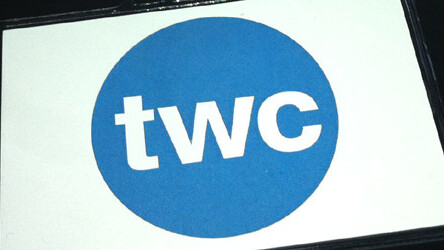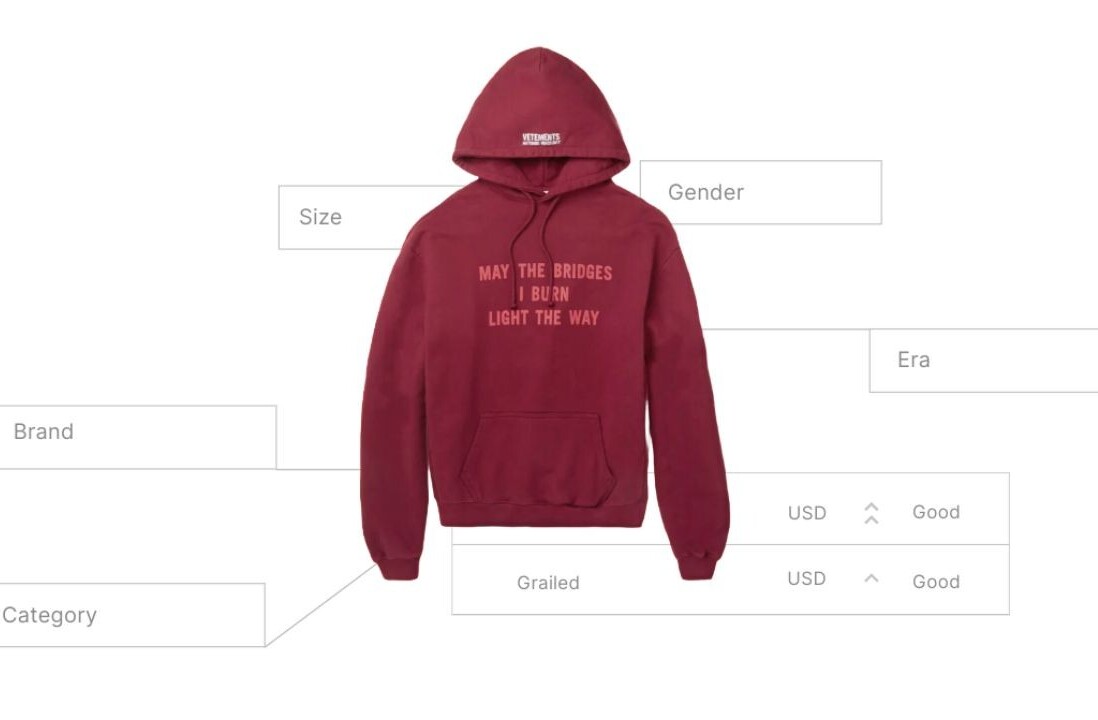
The Teen Web Conference is a bi-annual event aimed at young people who want to create new things online.
The event, situated at the Google Campus in East London, was organised by 18-year-old Callum Hill and 17-year-old Henry Moulton. Both are currently students with an eye on the entrepreneurial scene.
“I’ve been interested in organising a teen-oriented web conference for years, originally to meet other developers of a similar age to me,” says Hill, referring to last year’s conference held at London’s Microsoft HQ. “I posted the idea on a young entrepreneur forum and Henry replied saying he thought it was a great idea, we decided to organise it together.”
When you are a teenager and find yourself walking along the career path, it isn’t uncommon to think about the self-employed route. Adam Greenough and Ed Crampin of the Portsmouth-based design firm Amazorize were at the Teen Web Conference to give a talk on their experiences.
Here are some of the tips the pair gave to would-be young entrepreneurs who are hoping to make the most of their business ideas.
Don’t go at it alone
 Amazorize was founded while Greenough and Crampin were looking for work as design freelancers after finishing secondary education. It’s a typical tale for most students who don’t want to spend another 3 years specialising in a subject or getting a degree.
Amazorize was founded while Greenough and Crampin were looking for work as design freelancers after finishing secondary education. It’s a typical tale for most students who don’t want to spend another 3 years specialising in a subject or getting a degree.
Greenough focuses on the administration side of the business with Becky Bradley, operations assistant. Crampin takes care of servers, design, programming and application development as part of his lead developer and technical operations role.
‘Don’t go it alone’ is one of the trio’s initial pieces of advice and they work closely together to support each other as their business grows.
Find your network
“Networking is key, especially when it comes to brainstorming and collaborative working. Get phone numbers, business cards, email address, anything which will help you connect to one person will help develop your business,” says Greenough.
Having a presence on social networks such as Twitter and Facebook is now a crucial part of communication within a business. Companies can directly respond to queries swiftly and customers can always be transferred should a query not be resolved in this manner.
Teen entrepreneurs have the upper hand with social media as they are likely to have more experience on the platforms. This lowers the barrier for making this solution work, which may be a tougher call for older businesses.
Social media has been a powerful influence on business more generally. So much so that some are even brave enough to try ditching their email and replacing it with social platforms, phone calls and face to face meetings.
Paul Lancaster of Shell LiveWire attended the event to show what he could do for young entrepreneurs looking for investment. Lancaster created No Email Day last year which saw a lot of heavy email users turn to instant messaging, phone calls and actual meetings as an alternative.
“After the positive feedback the No Email Day 11/11/11 campaign’ received, a number of people have asked me to organise another in 2012,” writes Lancaster in his Plan Digital UK blog. “So, I’ve decided to declare 12/12/12 as the official date of the 2nd global ‘No Email Day’!”
Write everything down
“It is ideal when you are alone or in a couple working on a business idea but what if you don’t live near each other – how do you plan to share ideas?” asks Crampin. “Notebooks are good for attending meetings but these should then be translated into digital form.”
Crampin has a good point about sharing within a business as a safety net. There are a number of services which are inexpensive or free so that startups can make the most of sharing. Evernote, Google Drive and the ‘Things’ application for Mac and iOS are all places where collaborative work can be done easily, ensuring your colleagues know what is going on, even when you are not there.
This is especially important when it comes to contacts and appointments. Sharing in these cases is a good way to stay organised across a team.
Don’t undersell yourself
“When you meet your potential investor or next recruit, be professional and represent your company to the standard you would like to be portrayed yourself.” advises Greenough. “Outline key elements about yourself or your company and use these throughout your presentation – the more these relate to your business the more the recipient will remember you.”
Greenough’s points about presentation apply to all forms of communication for business. If you aren’t meeting face to face make sure you are comfortable talking over the phone or via email. Make sure you are clear, make sense and don’t turn a professional conversation into a personal one.

Haters gonna hate
“Don’t take their comments too personally,” says Greenough. “Receive and consider them, then move on if they don’t help in any way.”
Starting any business online means opening it up to critics. It is best to deal with criticism in a positive way. Fully understand every comment you receive. Though there are often opportunities in feedback, there are also points that can be confusing or unhelpful.
Keeping an eye on your critics is wise, but don’t let them under your skin if you don’t always agree.
Never stop learning
“Older, more talented people in the industry will always earn more money,” says Crampin. He’s not saying it to frighten the audience but to inspire them to continue learning. “Once you are finished with your business plan or appointment, go out there and explore, taking in every experience, conversation and interaction,” he continues.
Greenough and Crampin’s main take-away is to learn from experience and find role models to look to. Most of all they hope that more people in their age range will take the plunge, as Crampin points out, “Keep growing your business and don’t give up – do something amazing!”
Get the TNW newsletter
Get the most important tech news in your inbox each week.





